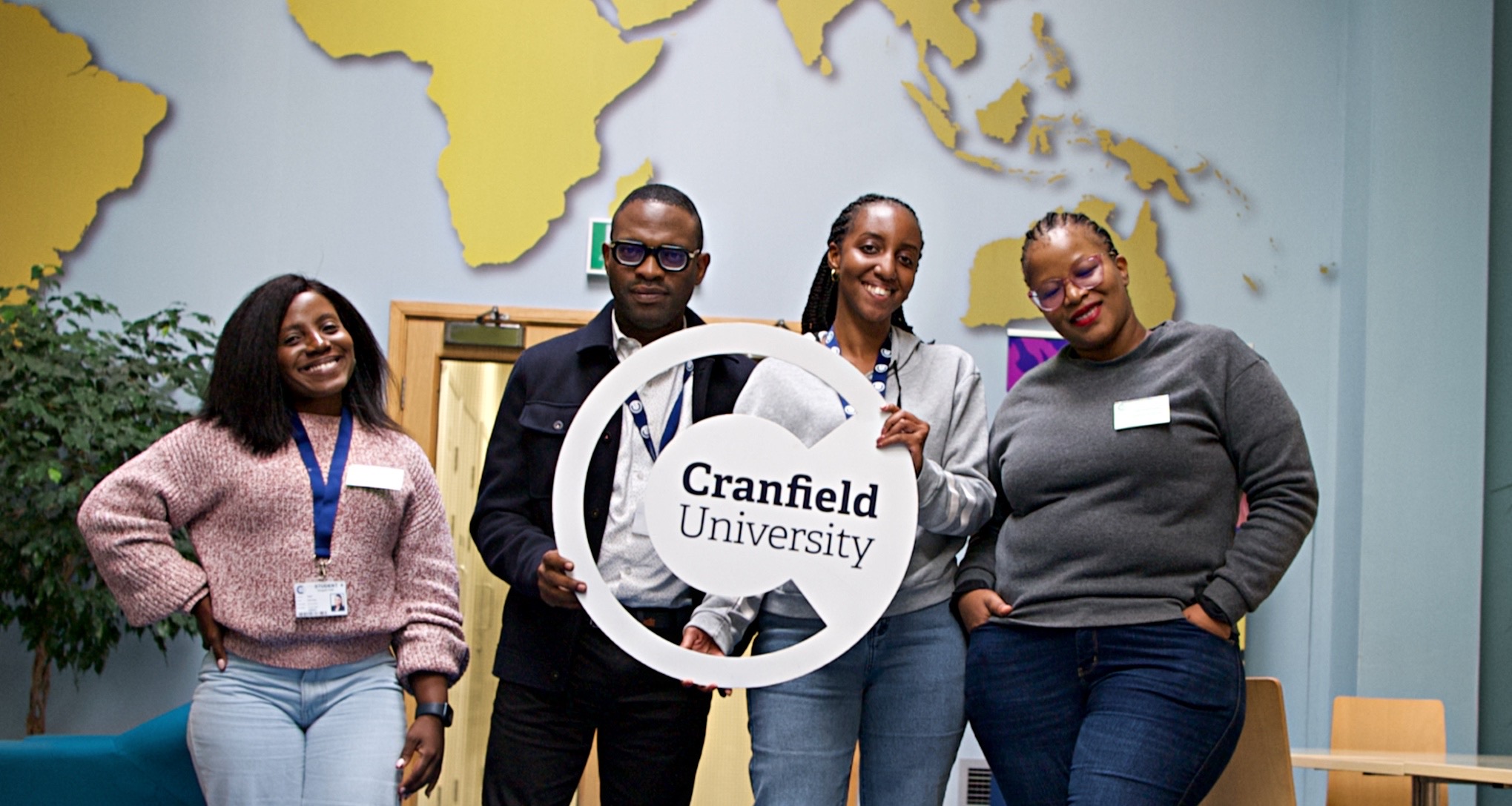Book Review: “The Art of Action: How Leaders Close the Gaps between Plans, Actions and Results”
08/01/2018


Basically, this book explains what “Mission Command” (subject of our on-going blogs) really is so that you can actually understand it, and start applying it on a practical basis. It also lines up beautifully with Matthew Syed’s Book – Black Box Thinking – the inaugural review on this web-site.
Recently, I heard in a semi-academic environment that the way Strategy is taught by the Business Schools these days hasn’t changed that much since the 1980s with reference back to Michael Porter’s Competitive Strategy published early that decade.
Over the Christmas break, I’ve been reading (and re-reading) a book recommended to me by Cranfield Visiting Fellow Steve Morlidge and by Visiting Professor Arnoud Franken. If ever there was a single piece of work offering a new approach to teaching Strategy – then this is it!
Stephen Bungay’s The Art of Action rips to shreds the classic approach to the senior team developing a strategic plan in some retreat, and then trying to get that strategy executed by the rest of the organisation. He opens by illustrating the problem – looking at a global technology company and then a global pharmaceutical company (I’m sure we have worked with this company as the issues he raises ring so many bells!) – where each organisation is left with the question; “So what exactly do you want me to do?”. Ever felt like that?
The book draws on his deep historical knowledge of military campaigns going back to Napoleonic times and moves forwards into the 21st Century military application of strategy in the Western world. By examining how highly successful leaders won military campaigns, he than draws parallels to application of the Mission Command approach in private and public sector organisations today.
He identifies three Gaps between Strategy (which he redefines by the way) and the Outcomes (or Effects as he calls them) that result, namely:
- The Knowledge Gap, the gap between what we would like to know or ought to know and what we actually know
- The Alignment Gap, the gap between what the executive team want and what the rest of the organisation actually does
- The Effects Gap (I would refer to this as the Outcomes Gap), the gap between what we expect the outcome to be and what the actual outcome is
I’ll not say anymore here about the details, but here are some wonderful quotes – real golden nuggets that will either have you nodding in vehement agreement or you’ll have a number of “Ah-ha!” moments:
Introducing the uncertainties created by these gaps: ”These real uncertainties produce general psychological uncertainty. We do not like uncertainty. I makes us feel uncomfortable, so we try to eliminate it. Thus it is that each gap provokes a common response“. This takes the form of never-ending quest for more information/data, more detailed instructions on what to do (to overcome the top-level frustration and the lower-level confusion) , and more detailed controls in how it is done (i.e. more metrics and measures). Ever been there?
Talking about re-framing the problem: “A German officer confronted by some task, would ask: Worauf kommt es eigentlich an? (what is the core of the problem). An American one, trained in the “engineering approach” to war, would inquire: What are the problem’s component parts?”
In discussing the CEO (or Leader) as “Hero”: “The media create a cult of CEO heroes …. We would do well to remember that while a leader’s reputation is ultimately based on success, ‘how much of it is in fact down to his own efforts is very hard to say’…… This is a serious matter…… This leads CEOs to continue to take actions associated with their own celebrity, and to create hubris. This poses a double jeopardy….” Never experienced this before right?
Building an organisational structure around work to be done (we would refer to this as organising around business processes): “…. However, unless the structure of the organisation broadly reflects the structure of the tasks implied by executing the strategy, the strategy will not be executed”. Hmmm, so that’s why??!!??
And there’s so much more ….
We’ve already started to put some of these ideas into practice, and they do seem to be paying off for our customers. We’ll keep you updated on this over the coming year.
There is so much to be gained from reading, understanding and putting this book into practice – make it a Must Read of 2018!
More anon….
Categories & Tags:
Leave a comment on this post:
You might also like…
Commonwealth Scholarships play a critical role in developing sustainability and leadership in Africa
Q&A with Evah Mosetlhane, Sustainability MSc, Commonwealth Distance Learning Scholar What inspired you to pursue the Sustainability MSc at Cranfield? I was inspired to pursue the Sustainability MSc at Cranfield because of the university’s ...
How do I reference a thesis… in the NLM style?
You may be including theses within your research. When you do so you need to treat them in the same way as content taken from any other source, by providing both a citation and a ...
Introducing… Bloomberg Trade Flows
Are you interested in world trade flows? Would it be useful to know which nations are your country's major trading partners? If so, the Bloomberg terminal has a rather nifty function where you can view ...
Cranfield alumni voyage to the International Space Station
Seeing our alumni reach the International Space Station (ISS) has a ripple effect that extends far beyond the space sector. For school students questioning whether science is “for them”, for undergraduates weighing their next ...
From classroom to cockpit: What’s next after Cranfield
The Air Transport Management MSc isn’t just about learning theory — it’s about preparing for a career in the aviation industry. Adit shares his dream job, insights from classmates, and advice for prospective students. ...
Setting up a shared group folder in a reference manager
Many of our students are now busy working on their group projects. One easy way to share references amongst a group is to set up group folders in a reference manager like Mendeley or Zotero. ...







Happy New Year too David and a really interesting article, thank you.
Chris